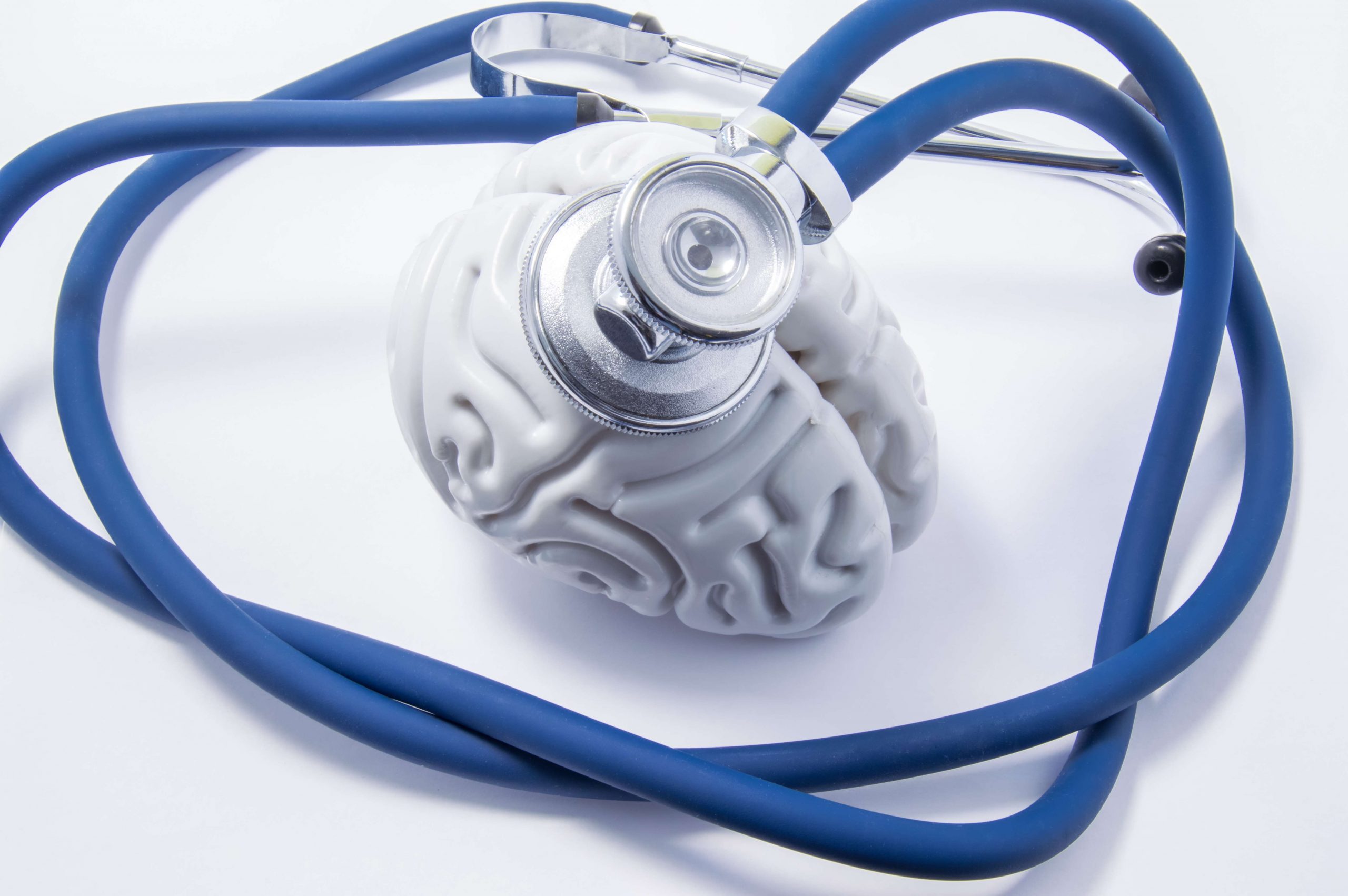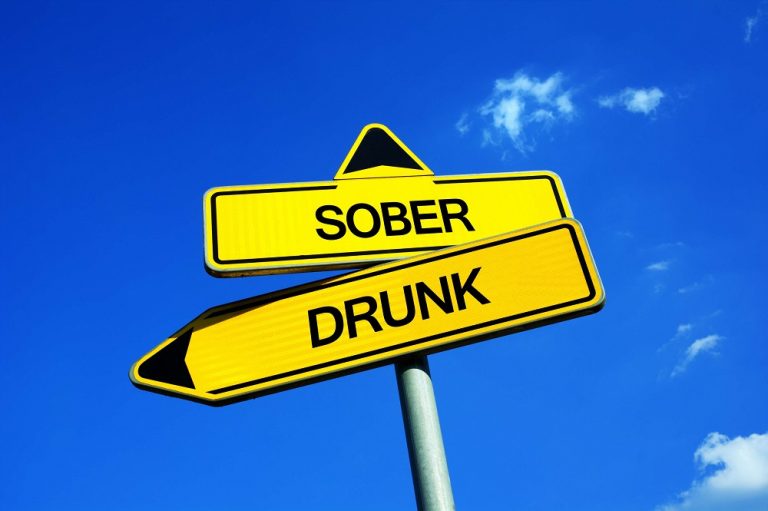Yes, Alcohol is Making Your Anxiety Worse
For those prone to panic attacks, these sensations may be interpreted as signs of impending danger, potentially sparking a full-blown episode of intense fear and discomfort. Additionally, alcohol disrupts the balance of neurotransmitters in the brain, which can exacerbate anxiety symptoms and increase vulnerability to panic attacks. Treatment for anxiety disorders and alcohol use disorders varies depending on the individual and the symptoms, so it’s critical to work with a professional to get the help that you need. About 30% of people who experience substance use disorder also experience another mental health condition. In many dual diagnosis cases, anxiety symptoms often emerge first, long before problematic drinking begins.
Be aware of mixing anxiety medications and alcohol
- It’s extremely important to be honest with your doctor if you are using both anxiety medication and alcohol.
- Opting for herbal teas or decaffeinated beverages can provide hydration without the stimulating effects of caffeine.
- And when anxious feelings surface, turn to healthy alternatives like meditation, deep breathing or exercise.
To prevent anxiety, drink in moderation, stay hydrated, eat a nutritious meal, and rest after consuming alcohol. Everyone is different and may experience various combinations of the above, which are almost always accompanied by an overwhelming sense of fear and anxiety. With Talkiatry, you can see a psychiatrist from the comfort of your home and you can schedule your first appointment in a matter of days. To get started and learn about your treatment options, take our free online assessment, to see if Talkiatry is right for you and get matched with a psychiatrist. Sana at Stowe offers an unparalleled level of trauma-informed, evidence-based care in one of the most beautiful destinations for healing.
Generally, the more you drink, the more intense your hangover symptoms might be, and the worse you are likely to feel. While for some people, it’s mild nerves, for others, it’s a wave of anxiety that feels impossible to ride out. The “Sunday scaries” may make you feel panicked, filled with dread and unable to relax.
- It takes your body and liver about eight hours to remove what’s essentially a poison.
- Treating all areas of your life reduces the amount of triggers for relapse you encounter after treatment.
Related Articles About Anxiety Disorder

The brain chemical GABA is the one most involved in panic attacks because it specifically regulates relaxation https://belvid.com/2022/09/03/moderate-drinking-linked-to-lower-risk-of-death-2/ and your ability to remain calm. Without these, you can experience changes in heart rate, breathing, and other symptoms that lead to anxiety. It interferes with sleep, dehydrates you, and can interact with other prescriptions or illicit drugs, all of which cause anxious symptoms. You may also experience symptoms of a hangover, which can be mild or severe and linger for days.
Dehydration and disrupted sleep play a large part in the pounding headaches and nausea many of us know too well after a big night out. But hangovers aren’t just physical – there’s a strong mental side too. Patients alcoholism treatment can expect improvements in anxiety and alcohol cravings within a few weeks of starting treatment.
How To Stop Anxiety After Drinking Alcohol
According to some animal research, those who drink alcohol in their youth may be more prone to anxiety in adulthood, which might suggest a causal relationship. In many cases, it is unclear whether alcohol causes anxiety or if anxiety makes a person more likely to drink alcohol. When these symptoms become overwhelming, the person might have an alcoholic drink to try to calm down.
Not only are higher and higher quantities of alcohol needed to feel better, when the alcohol exits the bloodstream, it becomes increasingly difficult to manage anxiety. People become reliant on alcohol to help with anxiety, but their anxiety grows because of it. People often use alcohol as a way to cope with anxiety, stress, and tension, believing that alcohol induces relaxation. Turning to a substance such as alcohol to reduce anxiety is known as self-medication. People don’t use alcohol to treat anxiety because they are weak or “bad” but because they are attempting to deal with the awful experience of anxiety by treating themselves. Only a qualified healthcare professional can diagnose an alcohol use disorder or an anxiety disorder.
Can Alcohol Increase the Symptoms of Anxiety for Those Who Suffer From Anxiety Disorders?
The key is to not try to replace the effects of alcohol – you don’t want something else that numbs your anxiety without helping you cope with it. What you’re trying to do is reduce the impact of what happens to your brain when you’re dealing with stress. These activities lessen the impact of stress and anxiety, and when you can weaken the effects of stress, you give your mind a better chance of regaining its own natural coping strength. In addition to these, another overlooked reason that people experience severe anxiety during withdrawal is because alcohol has caused them to lose their original coping ability. Stress coping is a skill – a skill that you may not even know you have. This is one reason why many people rely on alcohol if they’re experiencing symptoms of anxiousness.
- The cycle of addiction is particularly dangerous to people with anxiety, because it masks the underlying anxiety while feeding the development of substance use disorder.
- It works by increasing serotonin levels, which improves mood and reduces anxiety.
- Studies show high rates of anxiety in alcohol-dependent individuals.
- If, despite these efforts, you still periodically wake up after drinking with feelings of anxiety, practice mindfulness.
- Cognitive-behavioral therapy (CBT) is a primary treatment for alcohol anxiety.
In a survey of college students who drank, 57% reported eating something they were “craving” after consumption. But the next day, that greasy meal they enjoyed can become a source of anxiety. Your initial support helped get us here and bolstered our newsroom, which kept us strong during uncertain times.

Online therapy options
Alcohol also impacts serotonin levels, which play a crucial role in mood regulation. This interaction may contribute to the link between alcohol use and mood disorders. Alcohol use disorder (AUD) is a chronic brain disease characterized by compulsive alcohol use, loss of control over intake, and negative emotional states when not using.
How Can I Get Rid of Hangxiety?
Because genes influence how your body processes alcohol, some people may experience more intense hangover symptoms, such as headaches or dehydration. These stronger physical effects can, in can alcohol cause anxiety turn, trigger anxiety during a hangover, making you more susceptible to “hangxiety.” Lorazepam is typically prescribed for acute anxiety or panic attacks related to alcohol use. Like diazepam, it is not recommended for long-term use due to the risk of dependence.
